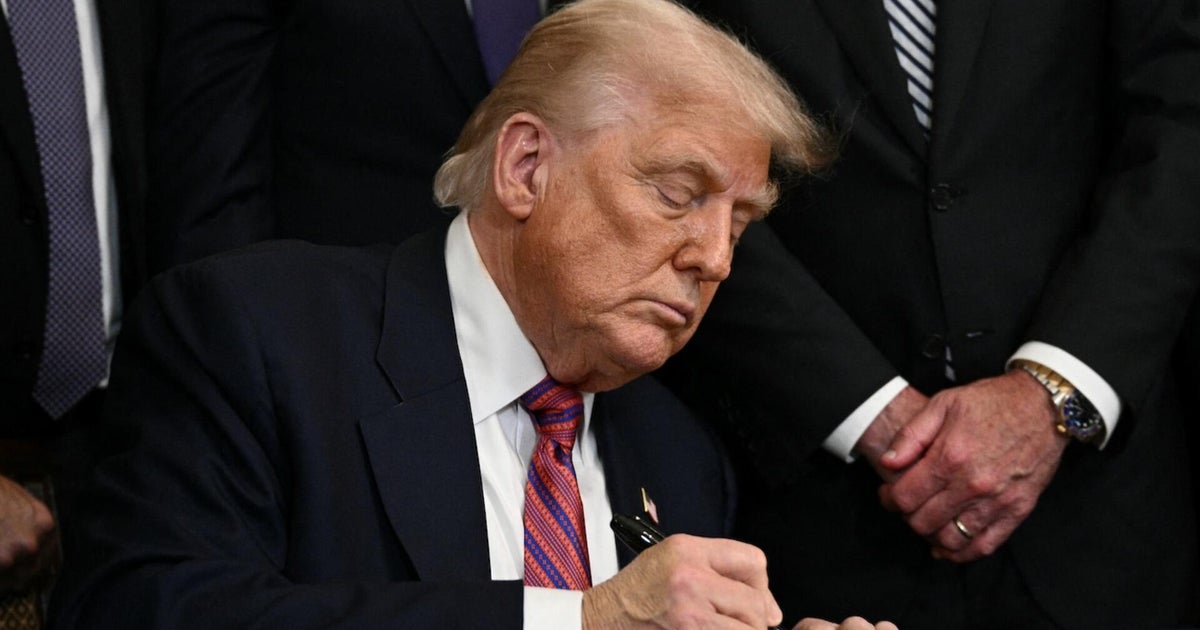Trump Signs GENIUS Act: Landmark Federal Law Regulating Cryptocurrency

Trump Enacts GENIUS Act: A Milestone in Cryptocurrency Regulation
Introduction to the GENIUS Act
In a significant move for the cryptocurrency landscape, President Trump officially signed the GENIUS Act into law during a ceremony at the White House. This legislation marks the first federal effort to establish regulations specifically targeting cryptocurrencies, particularly focusing on stablecoins.
Key Features of the GENIUS Act
Government Oversight on Stablecoins
The GENIUS Act introduces comprehensive guidelines that will govern the use and management of stablecoins, a type of cryptocurrency designed to maintain a stable value. This regulatory framework aims to provide clarity and security for users and investors in the digital currency market.
Insights from Industry Experts
Nikhilesh De, the managing editor for global policy and regulation at CoinDesk, attended the signing event and provided insights into the implications of this new law. He emphasized the importance of regulatory clarity in fostering innovation and protecting consumers in the rapidly evolving cryptocurrency sector.
Implications for the Cryptocurrency Market
A New Era of Regulation
With the enactment of the GENIUS Act, the cryptocurrency market is poised for a new era of regulation. This law is expected to enhance consumer confidence and encourage broader adoption of digital currencies by providing a structured environment for their use.
Future Developments
As the cryptocurrency landscape continues to evolve, the GENIUS Act sets the stage for future legislative efforts aimed at addressing emerging challenges and opportunities within the digital currency space. Stakeholders are keenly observing how this law will influence market dynamics and regulatory practices moving forward.
Conclusion
The signing of the GENIUS Act represents a pivotal moment in the intersection of government policy and cryptocurrency. By establishing a regulatory framework for stablecoins, this legislation not only aims to protect consumers but also seeks to promote innovation within the digital currency market. As the industry adapts to these new regulations, the potential for growth and development in the cryptocurrency sector remains significant.







